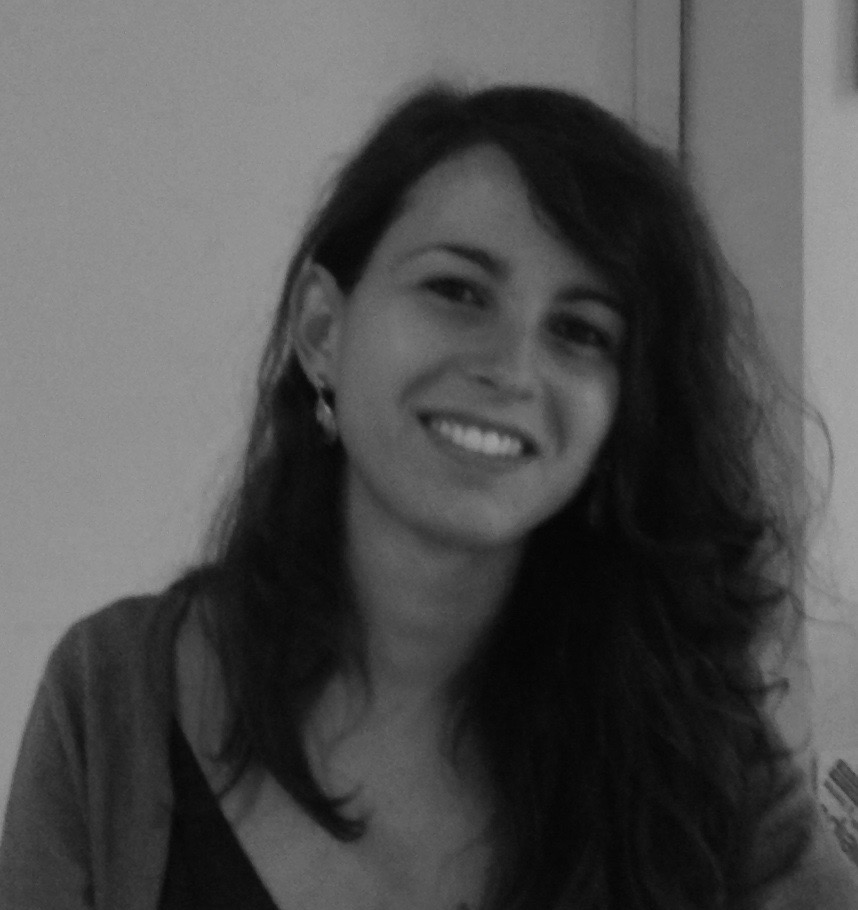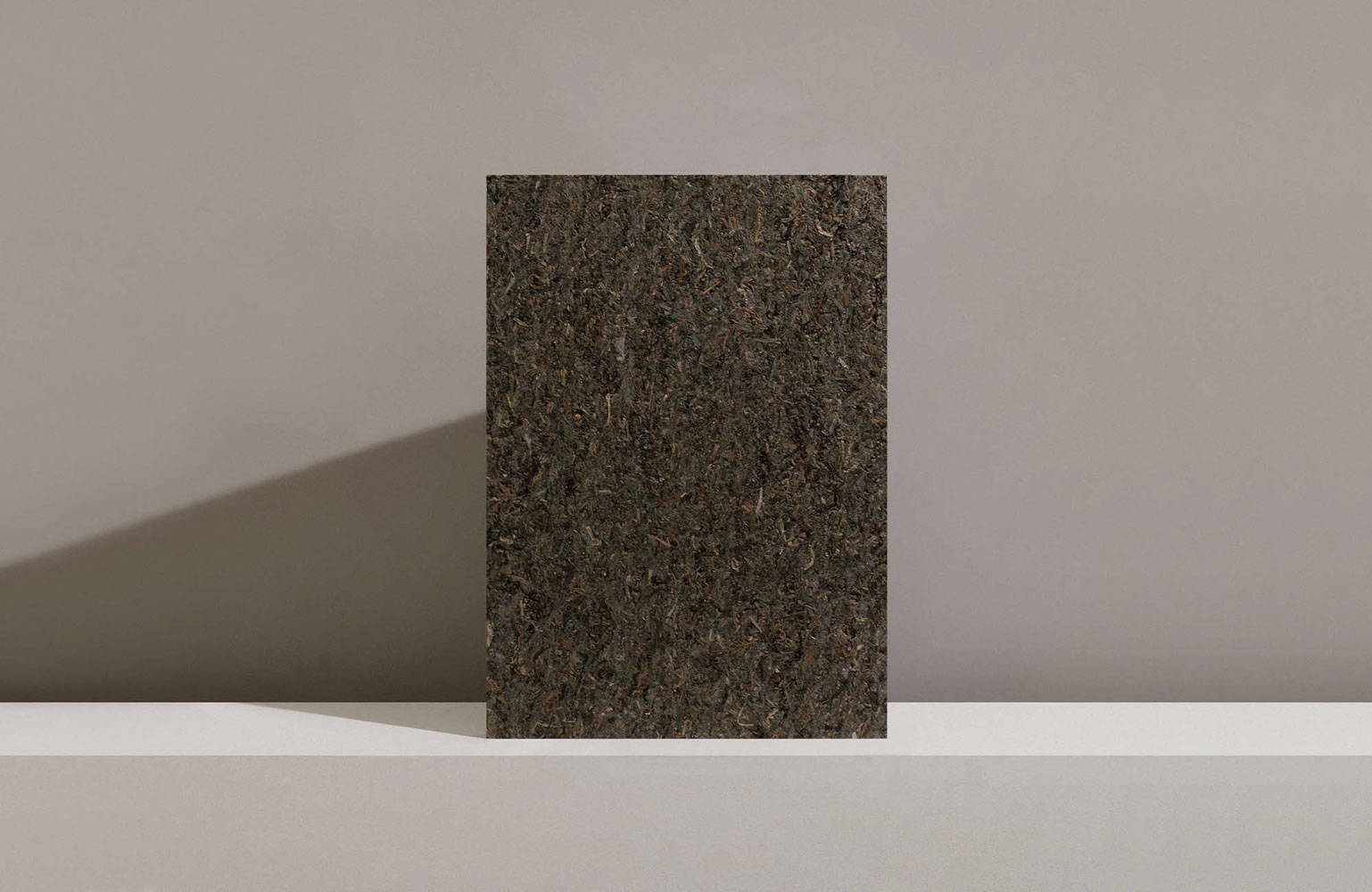Søuld is a Danish manufacturer committed to providing designers, builders and end-users with eco-friendly, recyclable building materials and acoustic products made from eelgrass (zostera marina), a natural, non-toxic material able to store CO₂. Used to create environments that promote human health and well-being, the organic properties of Søuld products stimulate the senses and add warmth to interiors.
What is eelgrass
Eelgrass is a plant species found in estuaries, bays and other shallow coastal areas, able to absorb three times as much greenhouse gas as trees. It has the advantage of being fire retardant, rot resistant and a good insulator. This marine phanerogamous plant of the Zosteraceae family can also be thatched according to a traditional Viking method, and prefabricated into convenient panels.
Søuld materials
To harness the benefits of this sea plant, deeply rooted in the Danish culture and employed in construction since the 1600s, Søuld has spent over five years devising production processes that blend nature and the most advanced technology to offer a high-performance alternative to synthetic options.
The company’s main products are ceilings, walls, design solutions made with carpets and acoustic boards or with wooden frames and joints. Søuld products are used for interiors, residential and commercial buildings, as well as furniture and exhibitions in collaboration with architects and designers.
Ecodesign and circularity
The founders of this Copenhagen-based company say: “Søuld products are designed for circularity. When they reach the end of their lifecycle after many years of use, they can be brought back to the factory, reprocessed and blended into standard products or used to create a base for second-generation Søuld materials.”
Website:
Name:
Søuld
Domain:
New Materials
Plus:
Local marine plant, abundant and renewable, deeply rooted in the Danish culture
Features:
Building materials for human well-being and with a low environmental impact, made from eelgrass
Questo articolo è disponibile anche in italiano / This article is also available in Italian



